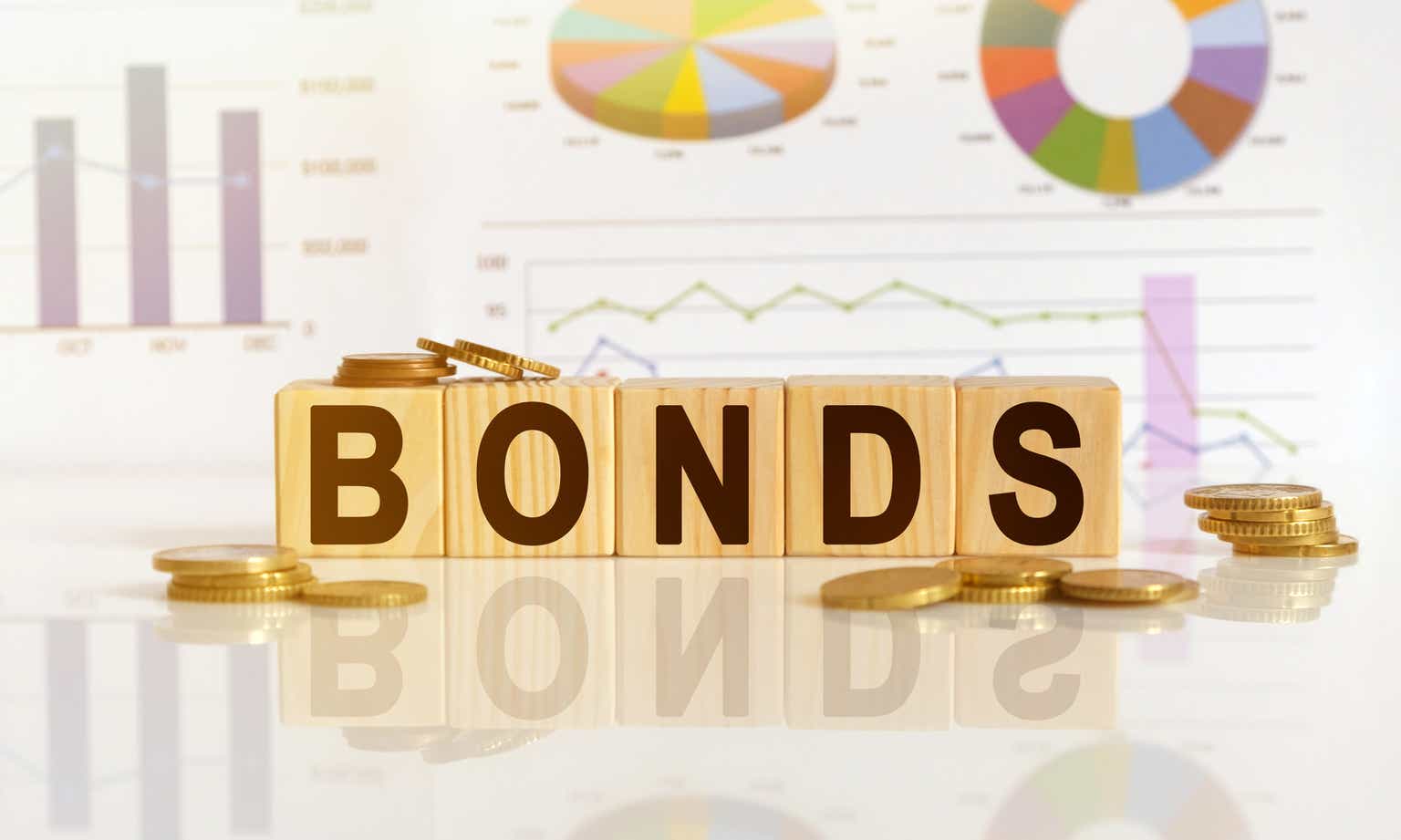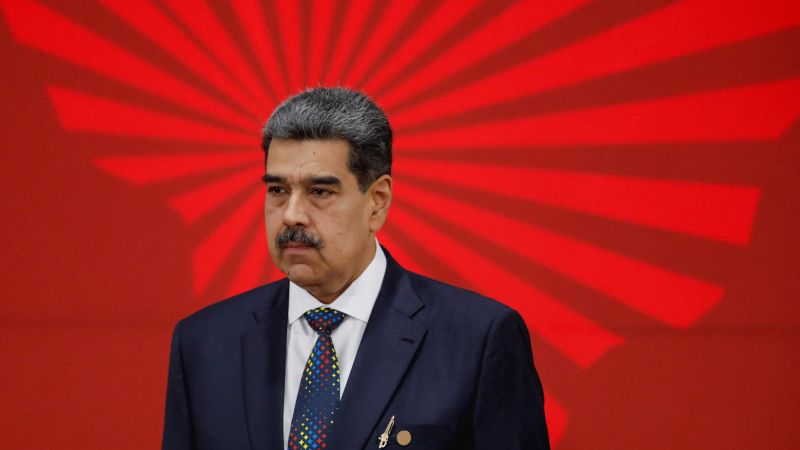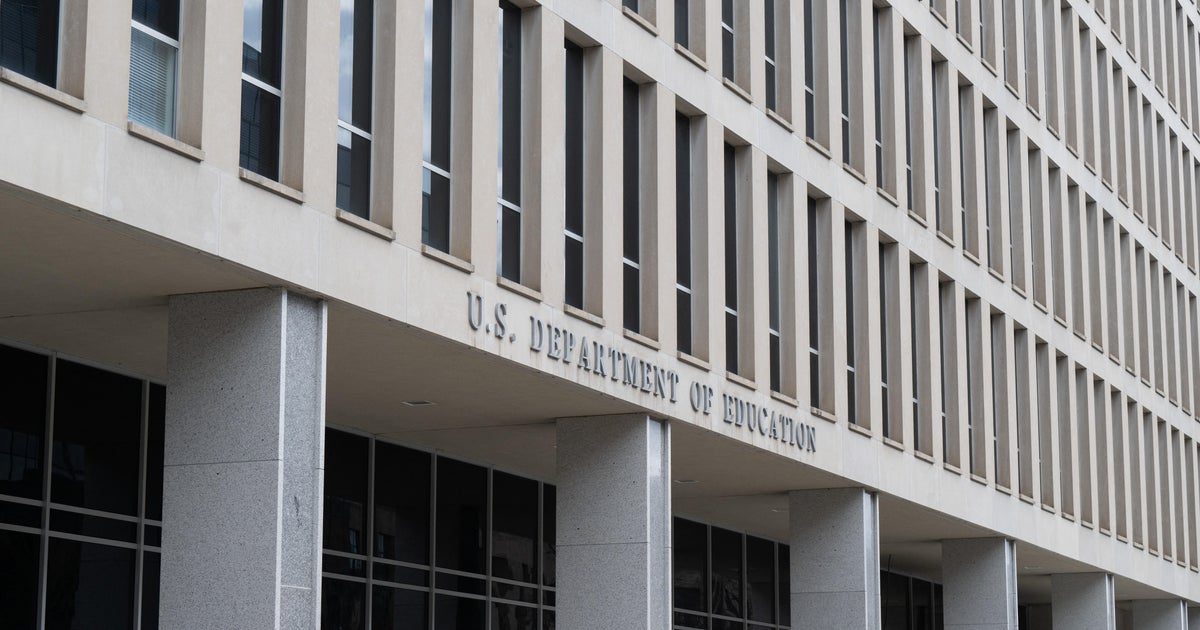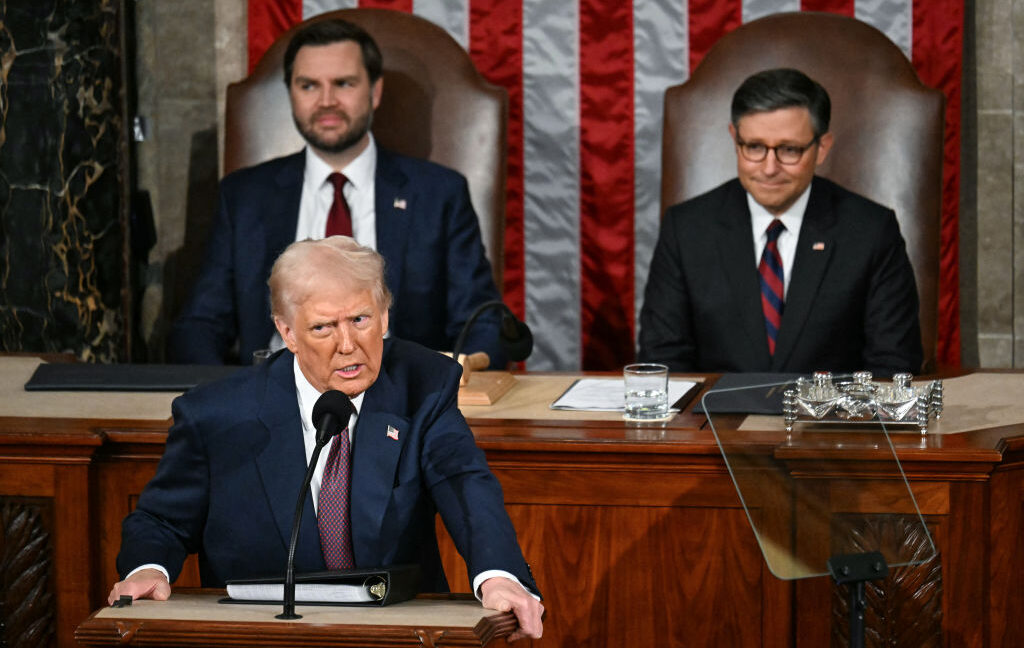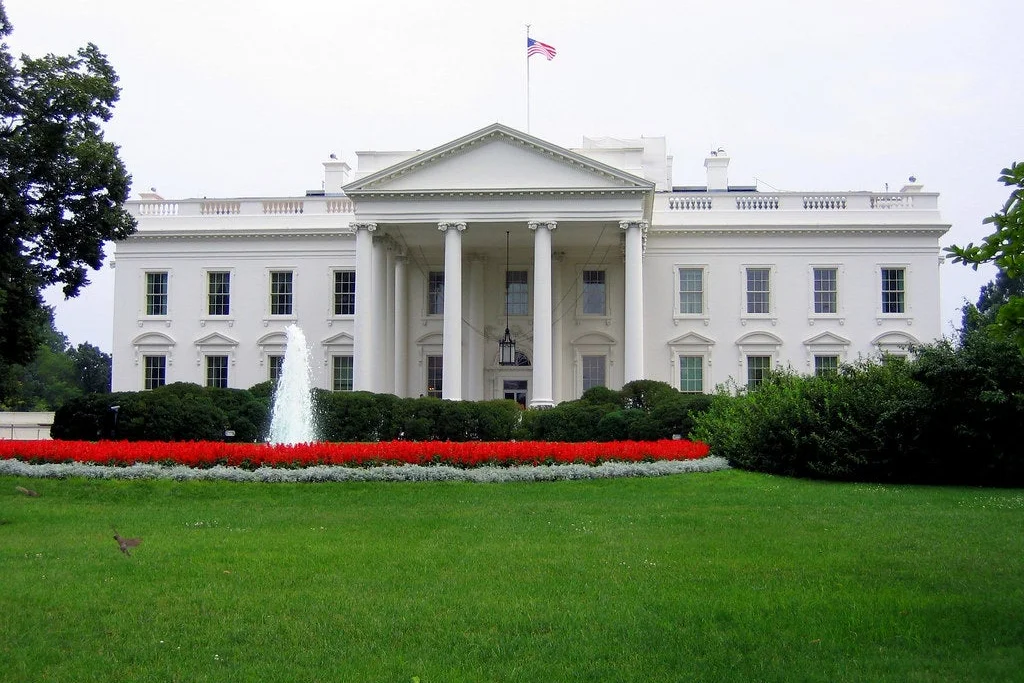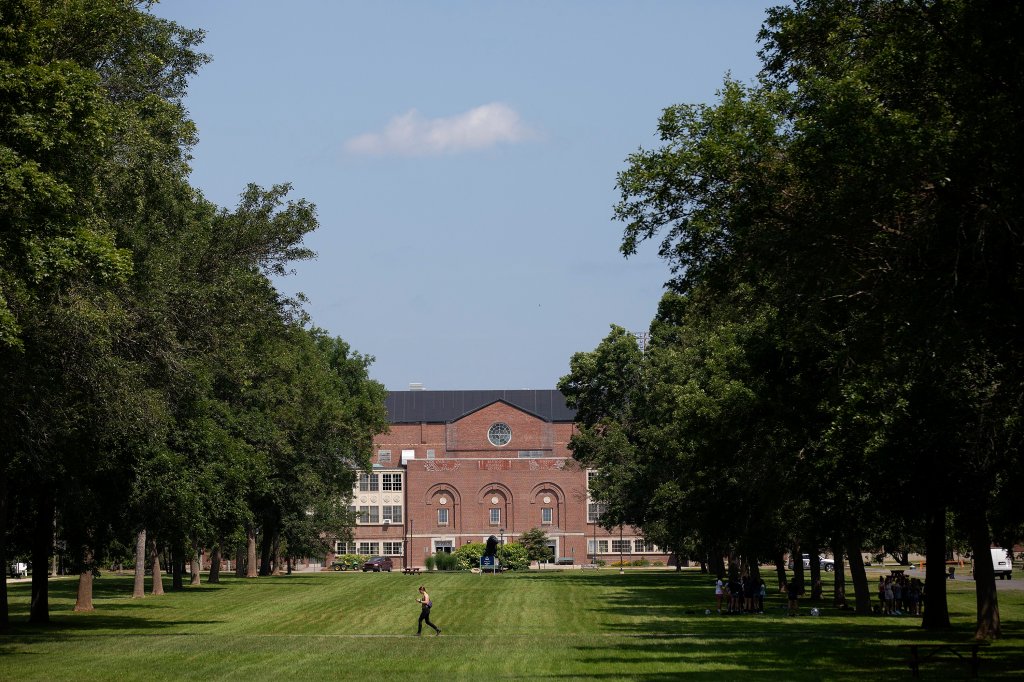CNN
—
The message seemed designed to reach Washington as one administration prepares to hand the baton to the next: If the United States keeps messing with Venezuela, then Caracas will retaliate by “liberating” the US territory of Puerto Rico, Venezuelan President Nicolas Maduro claimed last week.
Notwithstanding the fact that a majority of Puerto Ricans voted in favor of becoming a US state in a nonbinding referendum, or that the last time a Venezuelan army ventured abroad was in the Independence Wars over two hundred years ago, Maduro swaggered as if he were ready to send troops across the sea to the cradle of raggaetón, an imagined not-so-welcome message to President-elect Donald Trump, just 10 days before his inauguration.
Pundits in Venezuela and Latin America watchers abroad are used to this type of rhetoric and see it as a taste of a spicy relationship to come between Washington and Caracas in the years of Trump 2.0.
The relationship will probably revolve around three crucial issues: oil, migration, and ideology. Venezuela has the largest oil reserves in the world and supplies crude oil to the US, particularly to refineries on the Gulf Coast. It is the origin point of more than eight million Venezuelans who have fled the country under Maduro’s regime. Then there’s the matter of his authoritarian socialist state – on the far side of the ideological spectrum from Trump’s rightwing MAGA movement.
The governor of Puerto Rico Jenniffer Gonzalez swiftly denounced Maduro’s words as “not only a blatant threat of military aggression against the US, but also an incitement against peace and stability in our region.”
But Indira Urbaneja, a political consultant aligned with the Maduro government, said it was “more a provocation than anything else.”
“We still have a very delicate political situation requiring (Maduro’s) whole attention. I think Maduro’s priority will be to overcome internal challenges; it’s not like anyone is seriously planning to invade Puerto Rico,” Urbaneja told CNN, in a reference to Venezuela’s restive political opposition movement that maintains that Maduro stole last summer’s election – a claim Maduro has dismissed.
Maduro’s real aim might have just been to attract Trump’s attention and possibly spark a direct dialogue with the incoming administration, she says.
The two leaders had a conflictual relationship the first time Trump was in the White House, but Maduro knows that the United States plays the most significant role in influencing Venezuela’s economy, historically by importing the lion’s share of Venezuela’s crude and more recently imposing sectorial sanctions on the oil industry.
Moreover, Maduro himself is accused by the Justice Department of alleged crimes related to narcotrafficking and money laundering, and any new US-Venezuela negotiation is likely to take this into account. Maduro insists the allegations are fabricated.
Benigno Alarcón, a professor of Politics at Caracas’s Andrés Bello Catholic University, says Maduro’s message might have been miscalculated. “It doesn’t do Maduro any favor… on the contrary, it exacerbates the animosity that exists against Maduro in the US government and among most Americans,” he told CNN.
How the second Trump administration might deal with the Venezuelan leader’s calls for attention remains an open question.
Trump referred to Venezuelan’s opposition leaders as “freedom fighters” in a brief post on his social media last week, signaling support for the democratic cause, but some US lobbyists are campaigning for the new administration to engage with Caracas on oil and migration policies.
The argument for engagement is pragmatic: Trump supports low oil prices and deportations of undocumented migrants, and to reach those goals, he needs the help of Venezuela, the third largest oil exporter to the US in 2024.
Currently, US and international companies are barred from doing business in Venezuela, except for a few notable exceptions.
Over the years, the Biden administration has granted special licenses for companies to operate despite the sanctions, to the extent that US major Chevron has returned to play a key role in the Venezuelan oil industry. Over the last 12 months, Venezuela has exported an average of two hundred thousand barrels daily to the United States.
Marco Rubio, soon-to-be the first Latino Secretary of State, thinks those licenses were a mistake. The Florida politician helped design that sanctions approach to Caracas – his Senate hearing on Wednesday was disrupted by protesters accusing, in Spanish, of “sanctions killing children in Cuba, Nicaragua and Venezuela.” At the hearing, Rubio also criticized the Biden administration for being “played” by Maduro and suggested a revision of the current licenses in the months to come.
At the same time, it’s unlikely the new administration would impose a full embargo that would damage American oil companies and push the Venezuelans to sell even more of their oil to China.
The S&P Global Commodity team expects the new administration to cancel all licenses except for Chevron’s, hence reducing Venezuela’s oil output with minor damage to oil imports and limited impacts to gas prices.
Venezuela is also the country of origin of more than eight million migrants, tens of thousands of whom crossed the Southern Border illegally in recent years. The incoming US President has signaled an aggressive immigration push in the very first hours of the new administration, including legislation to do away with a humanitarian parole program designed to provide a legal pathway to the US for Venezuelans and other nationalities.
But to deport undocumented Venezuelan migrants back to their home country, Trump needs to find an understanding with Maduro, who remains in power despite overseeing his country’s catastrophic economic collapse.
Last year, Venezuela’s economy stopped crashing, but inflation remains a whopping 48% year on year, meaning that it’s nowhere near turning its corner despite increased oil exports in recent years, according to Maduro.
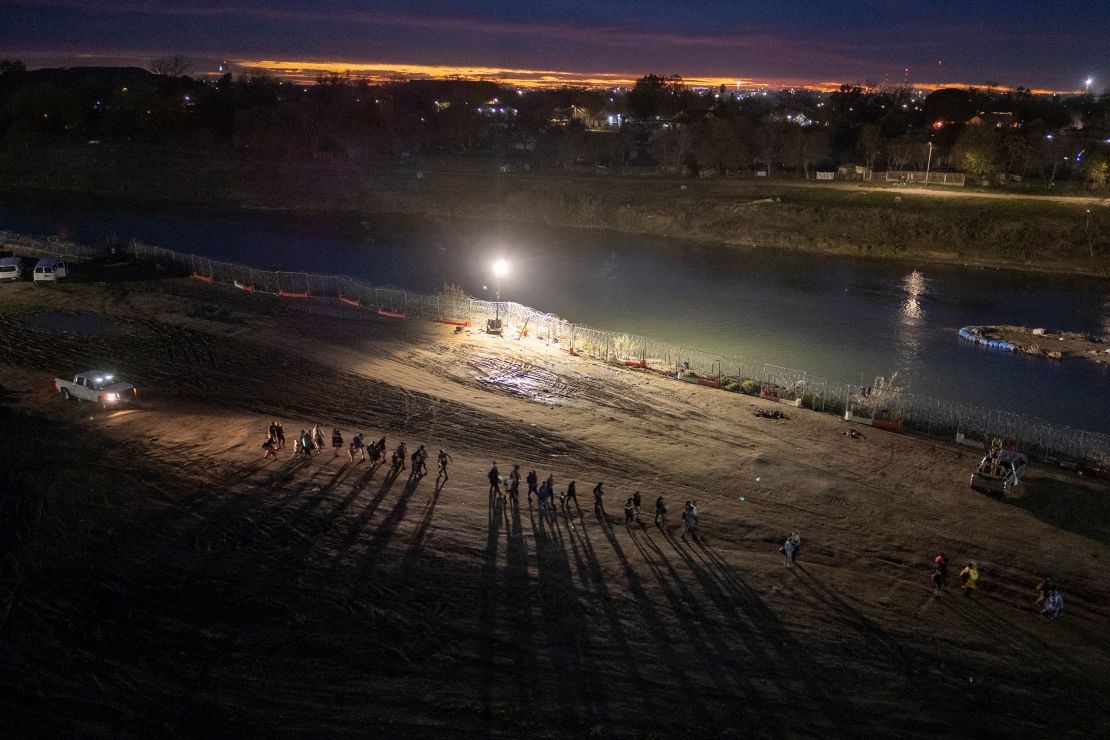
Over 20 million people in Venezuela, out of a population of over 28 million, live in multidimensional poverty, according to a new report by Human Rights Watch this week. According to data verified by the Washington Office for Latin America, a think-tank, the intention to migrate among Venezuelans increased by over 70% following Maduro’s controversial election in July, suggesting a new emigration wave might be just around the corner.
Maduro knows that migration is a priority for Trump and is likely hoping that the new administration can be convinced to strike a deal to reduce diplomatic and economic pressure on Caracas in exchange for its acceptance of increased deportation flights.
“The deal will take place; maybe not at the beginning, but sooner or later, Trump will have to engage with Venezuela on migration. And who do you engage with in Venezuela? With Maduro,” Urbaneja predicted.
Still, for Trump’s incoming administration, Maduro’s ideology of leftwing populism may be anathema – and that alone could preclude any negotiated working relationship.
In 2019, the first Trump administration not only envisioned a “maximum pressure” strategy to oust Maduro but managed to form a coalition of over fifty countries to recognize Juan Guaidó, then the president of Venezuela’s National Assembly, as the country’s legitimate head of state, an affront Maduro never fails to mention any time he delivers a speech directed abroad.
This time, according to Laura Dib, director of the Venezuela Program at WOLA, Trump’s cabinet picks suggest various possible approaches.
Hawkish figures such as Marco Rubio, who is on personal terms with many people in Venezuela’s opposition, and Mike Waltz, Trump’s handpicked national security adviser, have ranted against Maduro for years, but other names, such as upcoming border czar Tom Homan, might push for negotiating deals with Caracas, Dib said.
A third option could simply be for Trump not to touch the Venezuela dossier for some time, at least until more pressing issues – like the wars in Gaza and Ukraine, competition with China, and the situation on the US-Mexico border – are taken care of, Dib told CNN.
“Most crucially, we’re yet to hear anything from Richard Grenell, Trump’s appointee to deal with Venezuela… it might be frustrating, but we are yet to see what the new approach will be,” she said.
CNNE’s Osmary Hernandez contributed to this report.





